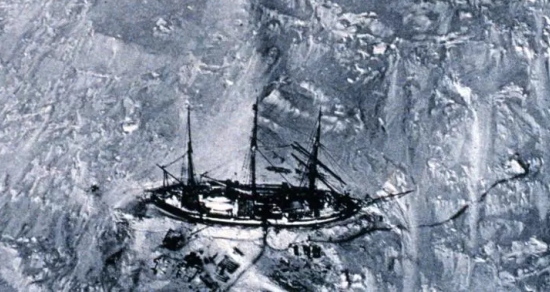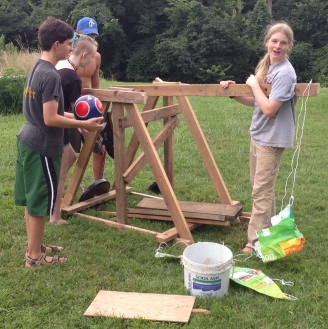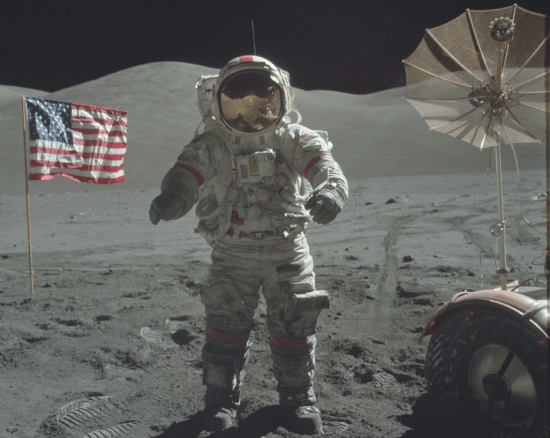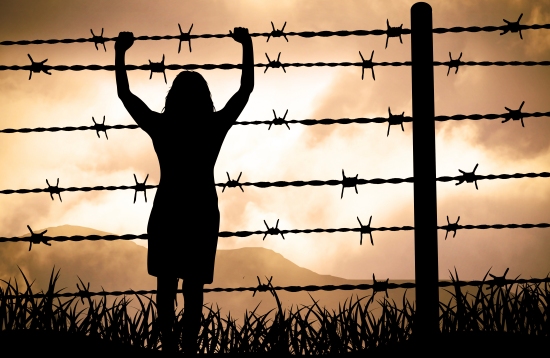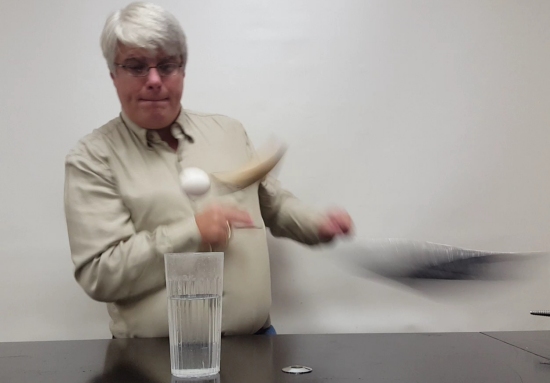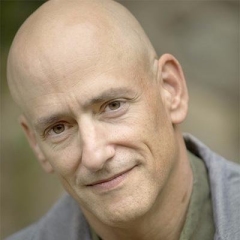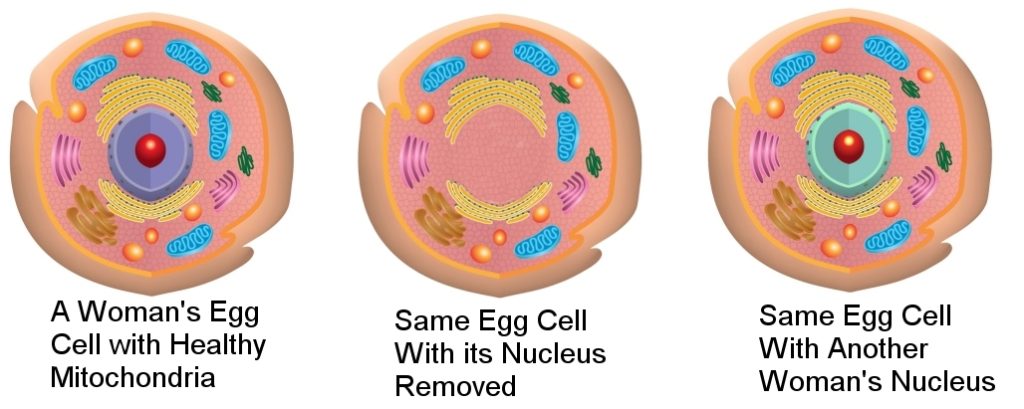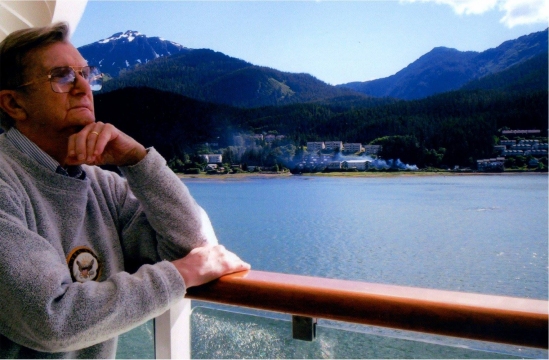
What does it mean to be a father? When my wife and I adopted our only child, I thought a lot about that question. I came up with various answers, none of which were really satisfactory. However, something happened on Tuesday night that put it all into focus for me: my own father passed into the arms of his Savior. The event wasn’t a surprise. From the time I was in high school, my dad had severe health issues. However, over the past year and a half, his health deteriorated severely. More than a week ago, he stopped getting out of bed. A few days ago, he stopped eating. We all had time to prepare for the inevitable.
Of course, when the inevitable actually occurs, you find you aren’t prepared for it at all. The reality is that even when a person is bedridden and hardly able to muster the energy to speak with you, he is still there. When he dies, he is no longer there. He is simply gone, and there is no way to prepare oneself for that. Because of this gaping hole left in your world, you are forced to think about things differently. As a result, I think I have finally come up with the answer to my question.
While writing his obituary, I was forced to think about who my dad was. He was a sailor, having defended freedom in World War II and the Korean War. He was a part of the criminal justice system. He was a tireless volunteer for the Republican party, his church, and many community organizations. But of course, to me, he was much more than that. He was my dad. And he was really, really good at it.
What made him good at it? I thought about that question for a long, long time, and suddenly, a quote popped into my head. It was from a book on parenting I had read while we were in the process of adopting our daughter. The book itself was so unremarkable that I don’t remember its title. Perhaps because it was in such an unremarkable book, the quote meant little to me at the time. However, in the light of thinking about my own father’s life, its profound truth struck me. With a little help from Google, I got the actual quote as well as its source. When speaking of his own father, Clarence Budington Kelland said:
He didn’t tell me how to live; he lived, and let me watch him do it.
In a nutshell, that’s why my dad was such a good father. He showed me, on a daily basis, how a Christian man should live. He demonstrated to me how a man cares for his family, how a man prioritizes his life, and how a man deals with those who are less fortunate than himself.
Howard Edmund Wile showed me how to live. When I see him in heaven, the first thing I am going to do is thank him for that.

